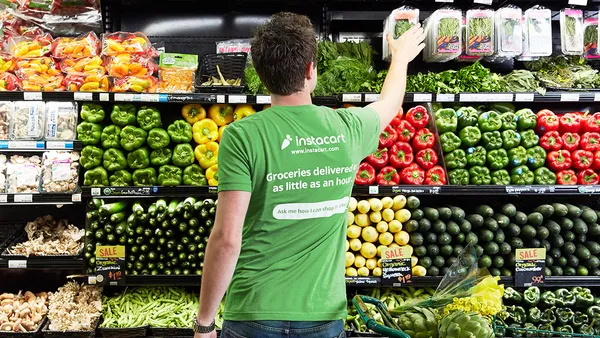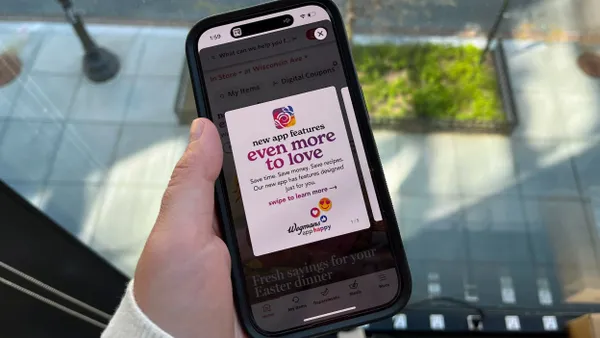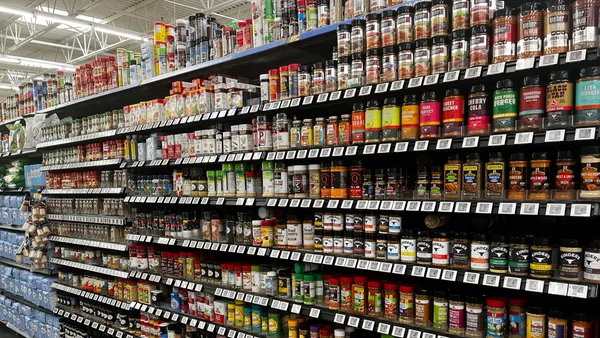Dive Brief:
- San Francisco lawmakers are considering a proposal to ban cashless stores, including Amazon Go, reports CNBC. New Jersey and Philadelphia have enacted similar bans.
- The drafters of the law originally omitted Amazon Go because it doesn't have employees handling cash, but have since expanded the proposal. The retailer is in the middle of plans to expand Amazon Go to a reported 3,000 locations nationwide.
- Proponents of the ban argue that cashless stores discriminate against low-income shoppers who may not have the means to maintain a bank account with a debit card or are not eligible for a credit card. Opponents of the ban, including businesses that have gone cash-free, say cashless stores reduce theft and prevent tax evasion.
Dive Insight:
Backlash against cashless stores is growing in some of the major markets where Amazon currently operates Go stores as well as those where it's looking to expand. Philadelphia's mayor just signed a bill to ban cashless stores, with the law set to go into effect July 1, and New Jersey's governor followed suit earlier this week. Prior to these efforts, the state of Massachusetts, which banned cashless stores way back in 1978, was the only public entity that required retailers to accept cash.
In addition to the recent efforts in New Jersey, Philadelphia and San Francisco, New York City is considering a ban on cashless stores, and a Washington D.C. council member is floating a ban on cashless restaurants.
Amazon Go is not only cashless, but cashier-less, which may require further stipulations in legislation as lawmakers work to address the format. Amazon has been hard at work lobbying against cashless bans, and in Philadelphia, the company requested an exemption. The Wall Street Journal reported that Philadelphia has granted a potential workaround, saying that cashless bans don't apply to stores with membership models, such as Costco. However, Prime memberships aren't required at Amazon Go.
In San Francisco, local officials are explicitly including Amazon Go in their proposed ban, which could be more challenging for Amazon to fight. The company, which currently operates two Go stores in San Francisco, has threatened to rethink store openings where cashless bans are at play.
Local and state lawmakers are particularly focused on low-income populations and how cashless stores would exclude them from making basic purchases for food and personal care. Despite San Francisco's tech-centric population, the city has one of the largest homeless populations in the country.
Some retailers prefer to go cash-free because it helps long lines move faster when employees don’t have to make change. When faced with a long line, 65% of grocery shoppers will head toward the checkout lane, but a relatively small 11% would leave the store altogether, according to a 2018 Digimarc survey conducted by Forrester Consulting.












